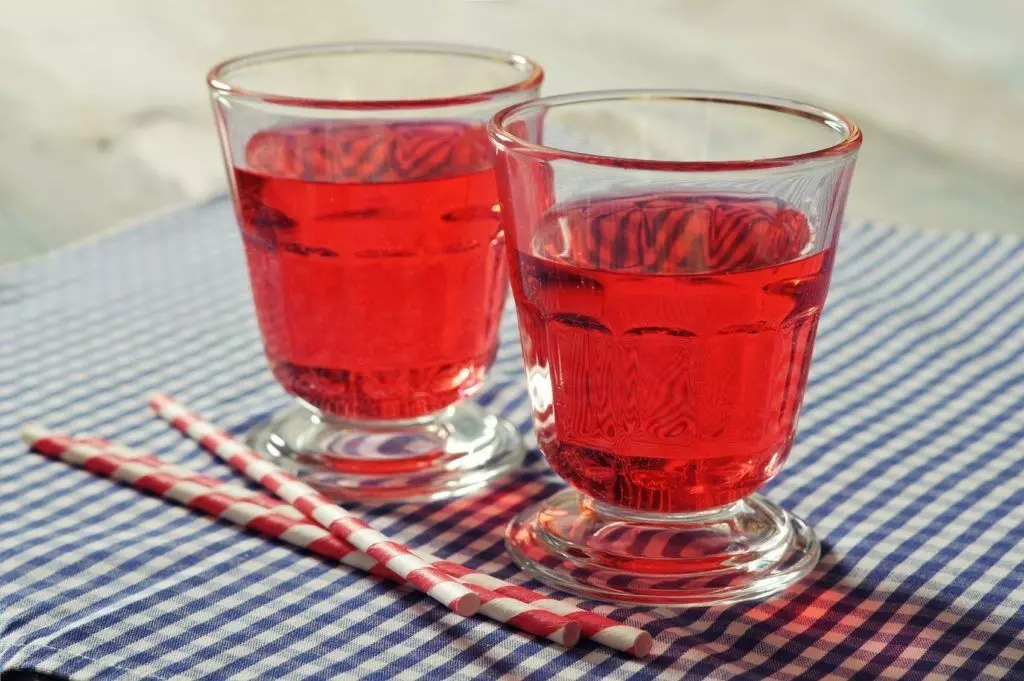
This food dye causes inflammatory bowel disease; beware!!
text_fieldsSan Francisco: A new study inferred that the popular food dye known as "Allura Red AC", used to add colour and texture to food items, could cause inflammatory bowel disease (IBD), IANS reported.
The dye, also known as FD&C Red 40 and Food Red 17, is added in sweets, soft drinks, dairy products and cereals and is aimed at attracting children.
The study, conducted by the Canada-based McMaster University, found that the dye directly upset the gut barrier function and increased the production of serotonin. Serotonin, the hormone or neurotransmitter found in the gut, then alters gut microbiota composition and leads to increased chances of colitis.
Senior author of the study, Waliul Khan, said, "This study demonstrates significant harmful effects of Allura Red on gut health and identifies gut serotonin as a critical factor mediating these effects. These findings have important implications in the prevention and management of gut inflammation."
Khan is a Professor at Family Digestive Health Research Institute Canada.
Testing on animals revealed that the die changes the nature of the gut barrier and, by extension, its purpose. It harms gut health, encourages inflammation and triggers IBDs like Crohn's and ulcerative colitis.
Khan said, "What we have found is striking and alarming, as this common synthetic food dye is a possible dietary trigger for IBDs. This research is a significant advance in alerting the public on the potential harms of food dyes that we consume daily."
He added, "The literature suggests that the consumption of Allura Red also affects certain allergies, immune disorders and behavioural problems in children, such as attention deficit hyperactivity disorder."
Khan further said that the typical Western diet, which includes fats, red and processed meats, sugar and a lack of fibre, is an environmental trigger for IBDs. The Western diet and processed food have a large number of additive dyes.






















